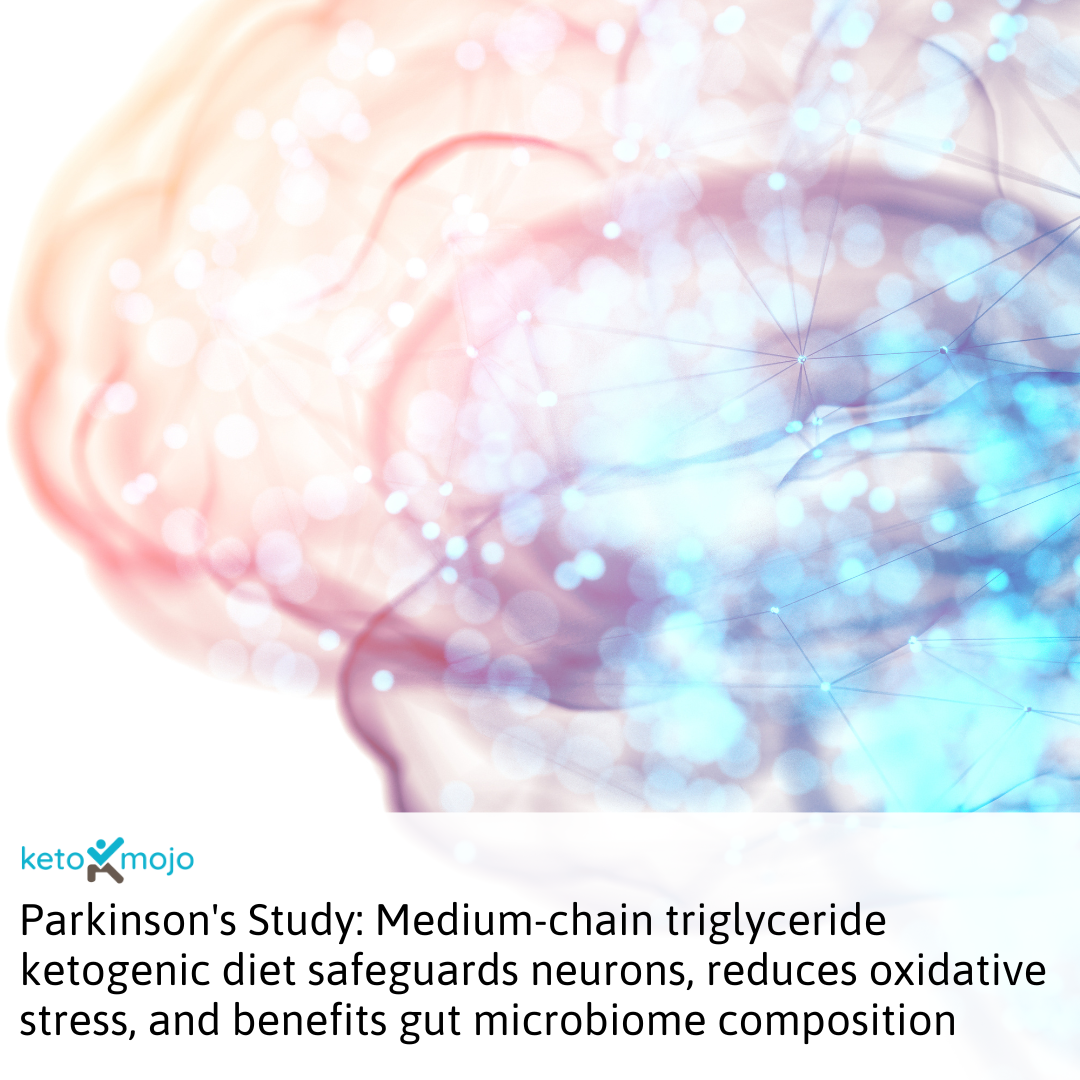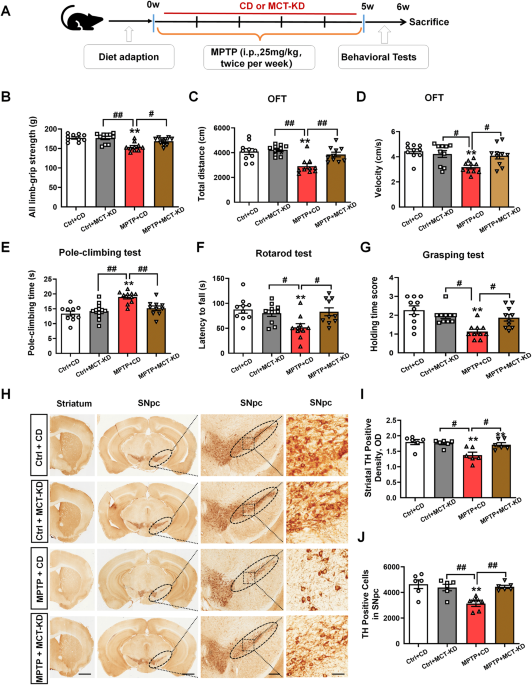Neurology
Neuroprotective effect of a medium-chain triglyceride ketogenic diet on MPTP-induced Parkinson’s disease mice: a combination of transcriptomics and metabolomics in the substantia nigra and fecal microbiome

In this study, researchers investigated the potential protective effects of a medium-chain triglyceride ketogenic diet in a mouse model of Parkinson’s disease. They looked at the damage to specific brain cells, the gut bacteria, and the substances produced by the gut bacteria.
The results showed that a long-term ketogenic diet significantly reduced damage to dopamine-producing neurons in the brain, which are affected in Parkinson’s disease. The ketogenic diet also had antioxidant effects and reduced oxidative stress in the neurons. It protected the mitochondria and inhibited the activation of microglia, immune cells in the brain.
Additionally, the ketogenic diet altered the composition of gut bacteria and the metabolites they produce, which influenced the metabolism of neurons in the brain region affected by Parkinson’s disease. Overall, the study suggests that the medium-chain triglyceride ketogenic diet has multiple protective effects against Parkinson’s disease.




